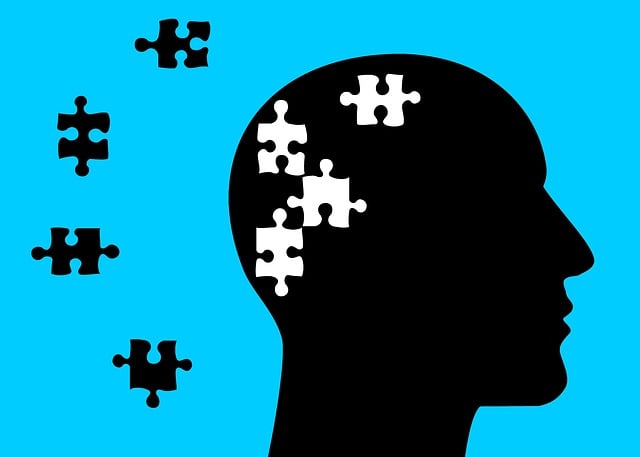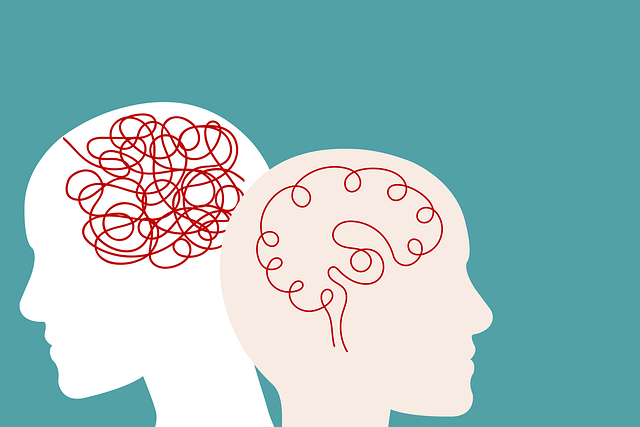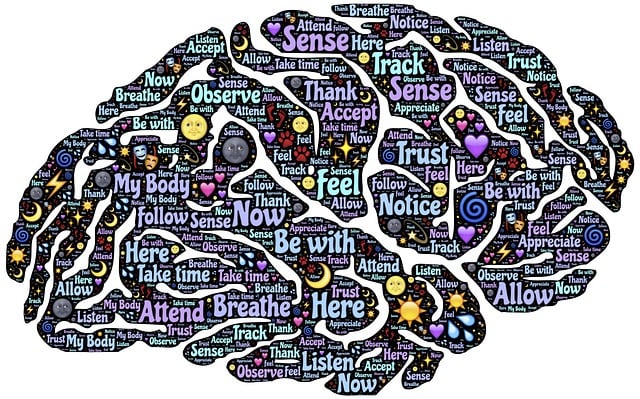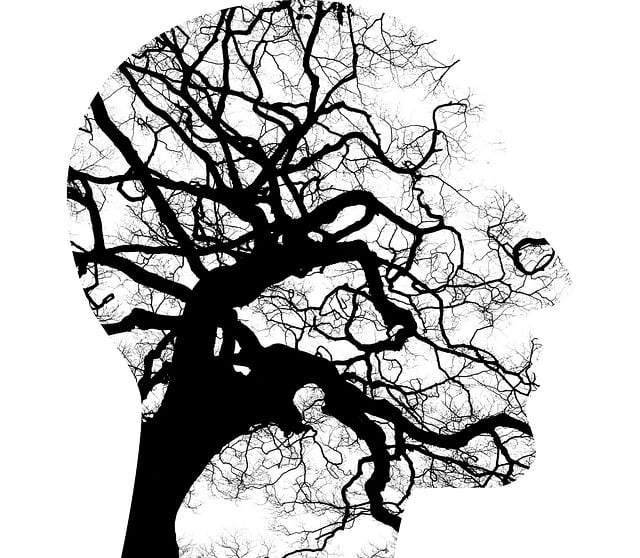Emotional intelligence (EI) development is crucial for young adults, especially those exploring their gender identity, as it helps them navigate life transitions and emotional volatility. Tailored therapy, focusing on risk assessment and targeted interventions, equips them with tools to manage emotions, build resilience, and improve relationships. This process, highlighted by the relevance of gender identity in mental wellness, promotes self-awareness, positive thinking, and effective coping strategies, ultimately enhancing overall well-being. Key EI development components include mindfulness practices, communication skills, cultural sensitivity, and stress management techniques, all integral to empowering young adults to regulate their emotions and empathize with others.
Emotional intelligence (EI) is a powerful tool for young adults navigating complex personal and professional landscapes. This article delves into the multifaceted aspects of EI, exploring its profound impact on this demographic. We discuss the unique connection between gender identity and emotional intelligence, providing insights into therapeutic approaches tailored for young adults. Furthermore, practical strategies are offered to foster self-awareness and empathy in daily life, empowering individuals to enhance their EI and overall well-being. Understanding and cultivating EI is crucial, especially when considering the specific challenges faced by young adults and the potential influence of gender identity.
- Understanding Emotional Intelligence and Its Impact on Young Adults
- Exploring the Connection Between Gender Identity and Emotional Intelligence
- Therapeutic Approaches to Enhance Emotional Intelligence in Young Adults
- Practical Strategies for Daily Life: Fostering Self-Awareness and Empathy
Understanding Emotional Intelligence and Its Impact on Young Adults

Emotional intelligence (EI) refers to an individual’s ability to recognize, understand, and manage their own emotions, as well as empathize with others’ feelings. For young adults, developing EI is crucial as they navigate complex life transitions, identity formation, and social interactions. This period is often characterized by heightened emotional volatility and a growing need for self-awareness and effective coping strategies.
Young adults, especially those exploring their gender identity, can benefit significantly from therapy that fosters emotional intelligence. A thorough risk assessment for mental health professionals is essential to tailor interventions that promote emotional regulation and resilience building. Through therapy, young adults can learn to identify triggers, develop healthy coping mechanisms, and enhance their ability to connect and communicate with others on a deeper level. This, in turn, can lead to improved relationships, better decision-making, and overall well-being.
Exploring the Connection Between Gender Identity and Emotional Intelligence

Exploring the connection between gender identity and emotional intelligence reveals a complex interplay that can significantly impact an individual’s mental wellness. In recent years, therapy for young adults with questions about their gender identity has gained prominence, shedding light on how societal norms and expectations can influence emotional expression. This is particularly relevant as young adults navigate their identities and seek to cultivate positive thinking and anxiety relief.
Research suggests that individuals who feel comfortable expressing their true selves, regardless of their gender identity, tend to exhibit higher levels of emotional intelligence. By fostering a supportive environment where all expressions of gender are respected, we can help young adults develop resilience, enhance their ability to manage emotions, and improve their overall mental wellness. This understanding underscores the importance of inclusive practices in therapy, promoting positive thinking, and alleviating anxiety for individuals exploring or affirming their gender identity.
Therapeutic Approaches to Enhance Emotional Intelligence in Young Adults

For young adults navigating complex emotional landscapes, therapeutic approaches offer a lifeline to enhance emotional intelligence. Therapies tailored for this demographic often focus on fostering self-awareness and empathy—crucial components of emotional intelligence. Techniques such as mindfulness meditation and stress management are integral to these processes. Through guided practices, young adults learn to observe their emotions without judgment, cultivating a deeper understanding of their internal experiences. This introspection is pivotal in recognizing and managing emotional triggers effectively.
Moreover, communication strategies play a significant role in developing emotional intelligence. Therapists often employ techniques that encourage open dialogue, helping young adults express their feelings and needs assertively. Exploring gender identity and related emotions becomes more manageable with these tools, fostering an environment where individuals can confidently navigate their unique emotional journeys. Such therapeutic interventions not only empower young adults to regulate their own emotions but also enhance their ability to connect and empathize with others.
Practical Strategies for Daily Life: Fostering Self-Awareness and Empathy

Developing emotional intelligence (EI) is a powerful tool for young adults navigating their identity, including those exploring gender identity. Fostering self-awareness and empathy are crucial components of this journey. In daily life, individuals can enhance EI through introspection and mindfulness practices. Keeping a journal to reflect on emotions, triggers, and patterns can help young adults understand themselves better, especially when exploring complex aspects of identity. Mindfulness techniques, such as meditation or deep breathing exercises, allow them to stay present and responsive rather than reactive to their feelings.
Additionally, building empathy involves actively listening to others and cultivating cultural sensitivity. Engaging in conversations about diverse experiences broadens perspectives and strengthens social skills. Therapy for young adults often incorporates coping skills development, teaching them how to manage stress and regulate emotions effectively. This process empowers individuals to create supportive networks and foster healthier relationships, which are essential aspects of emotional intelligence.
Emotional intelligence is a powerful tool for young adults, especially those navigating the complexities of gender identity. By understanding and cultivating emotional awareness, self-management, social awareness, and relationship skills, individuals can enhance their overall well-being. The article has explored various avenues to build emotional intelligence, from therapeutic approaches tailored for young adults to practical strategies for everyday life. For those struggling with gender identity issues, specialized therapy can play a pivotal role in developing emotional resilience. Integrating these insights into daily routines fosters a deeper sense of self and strengthens connections with others, ultimately enriching the lives of young adults on their personal journeys.










